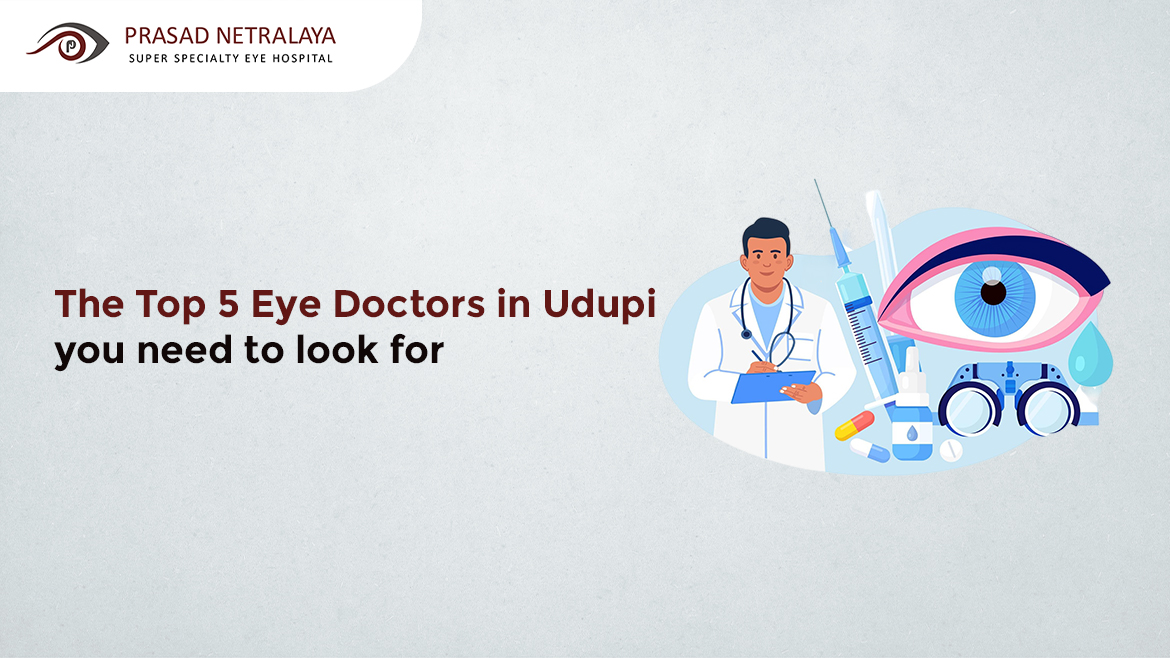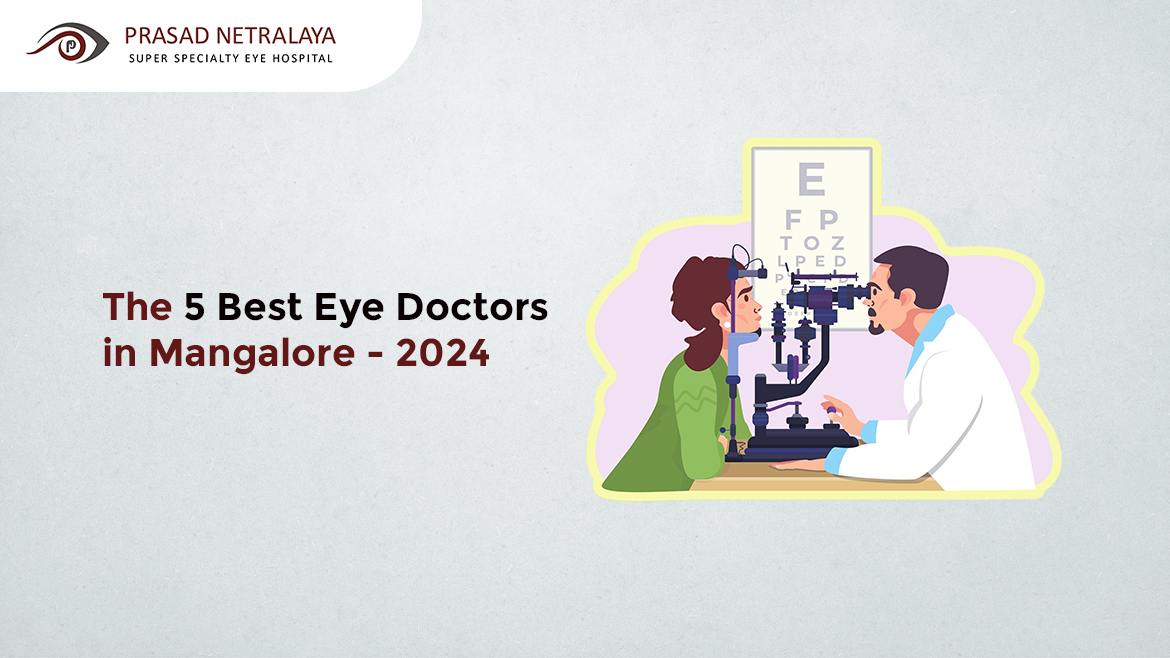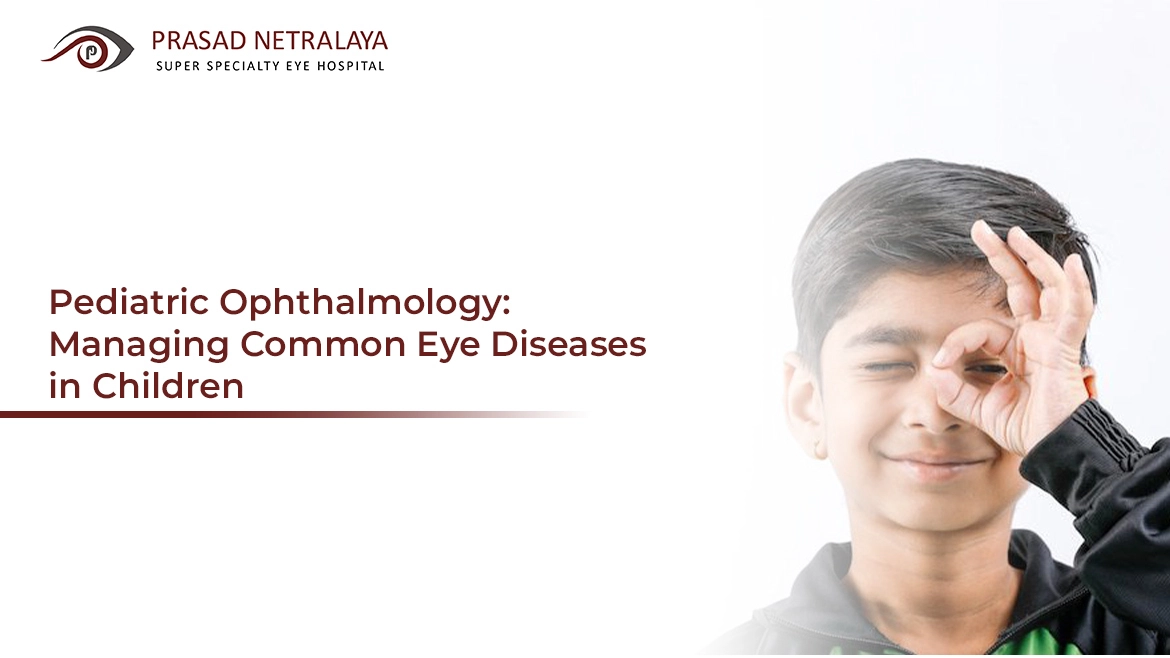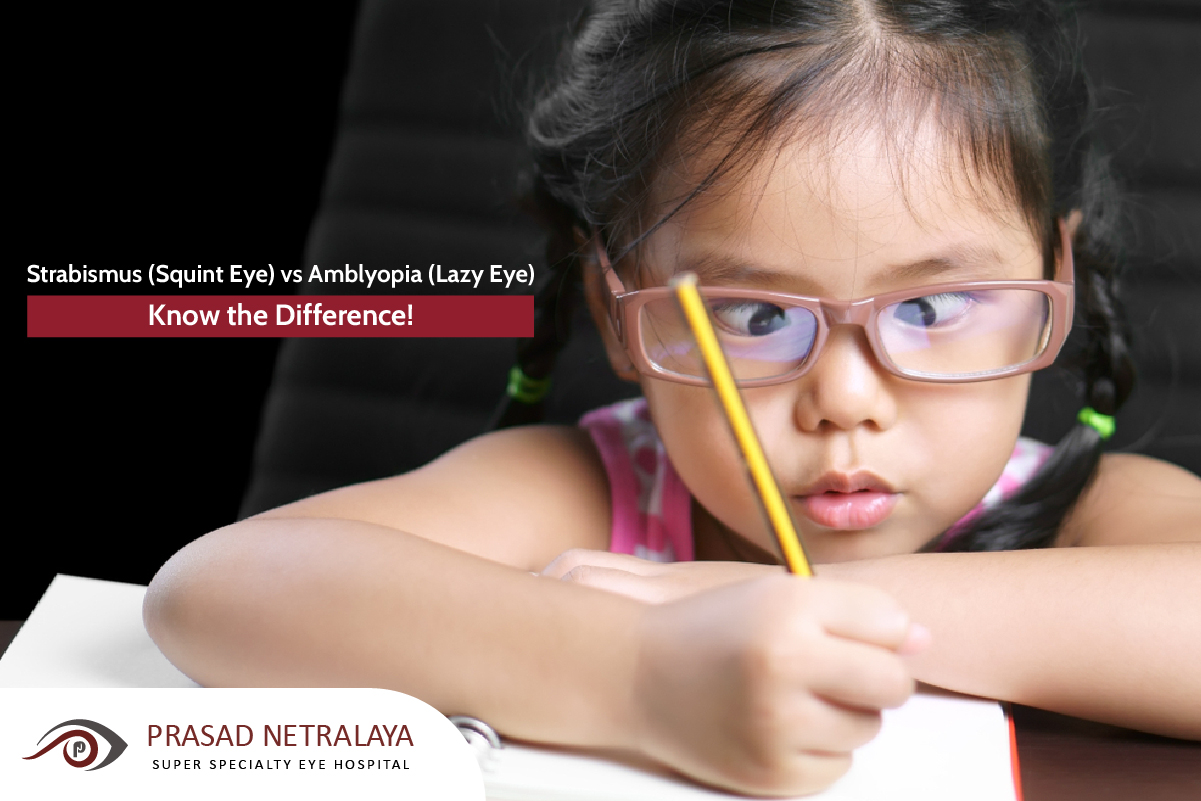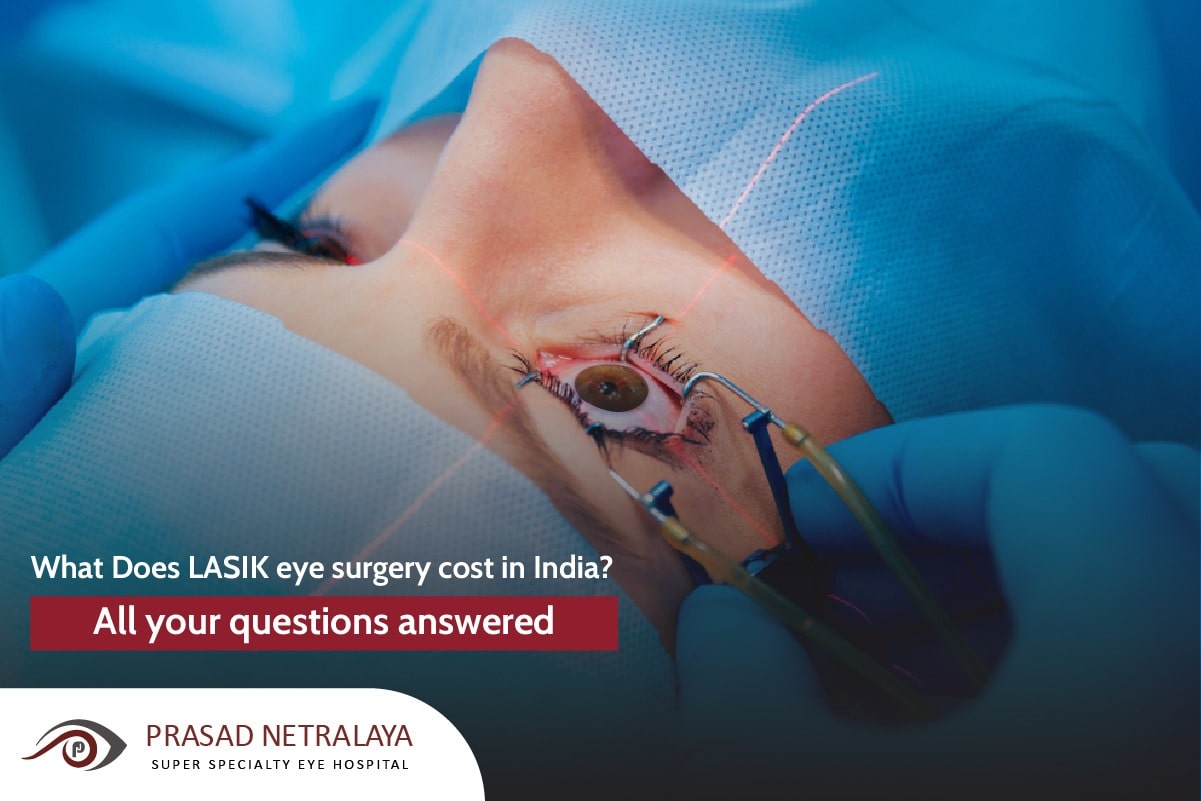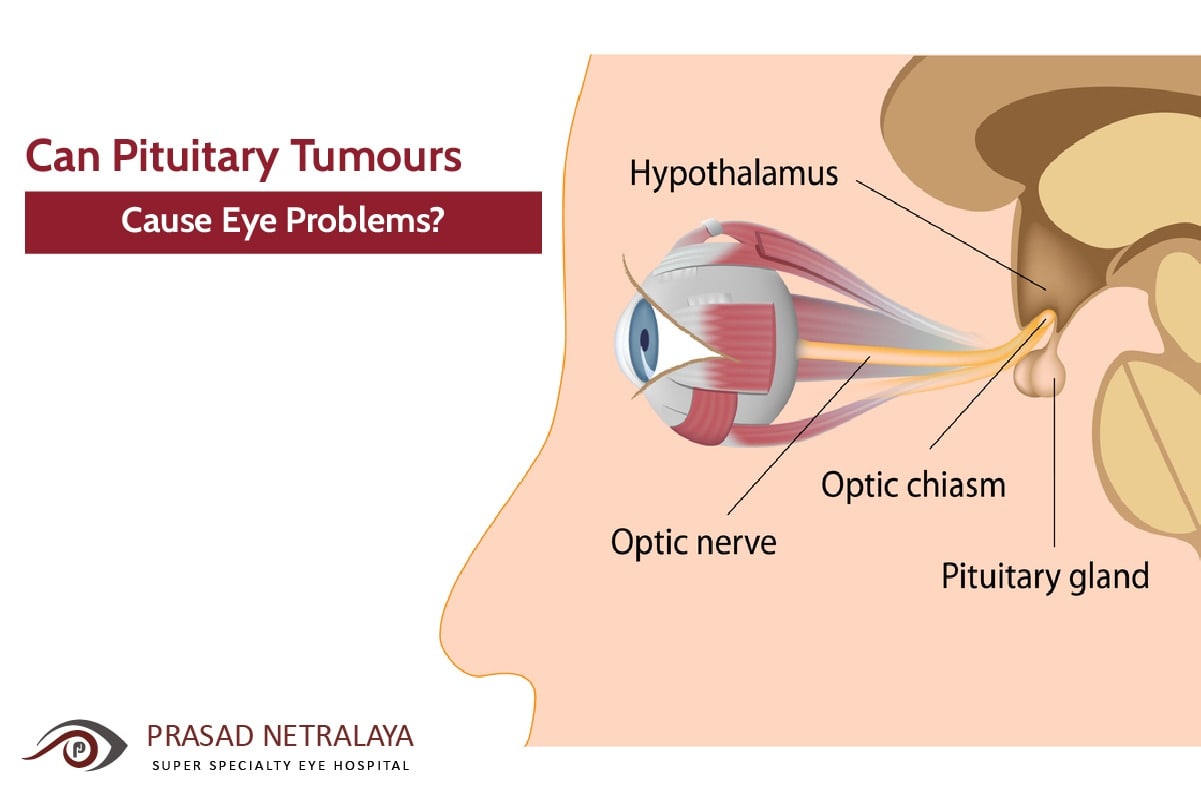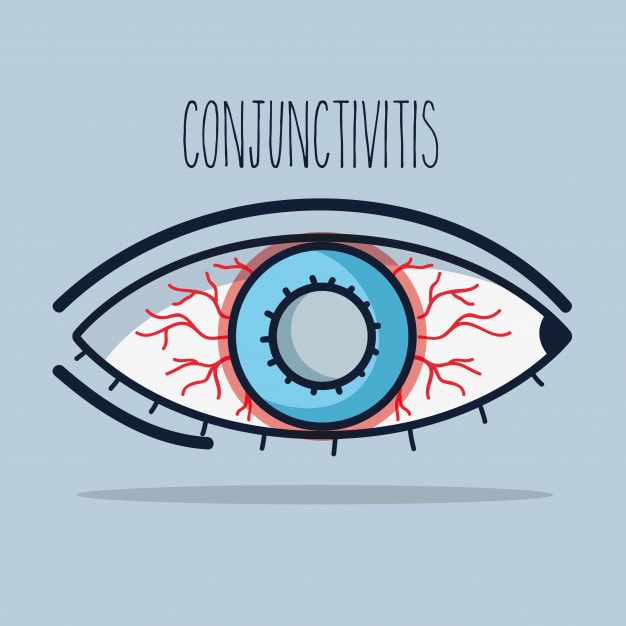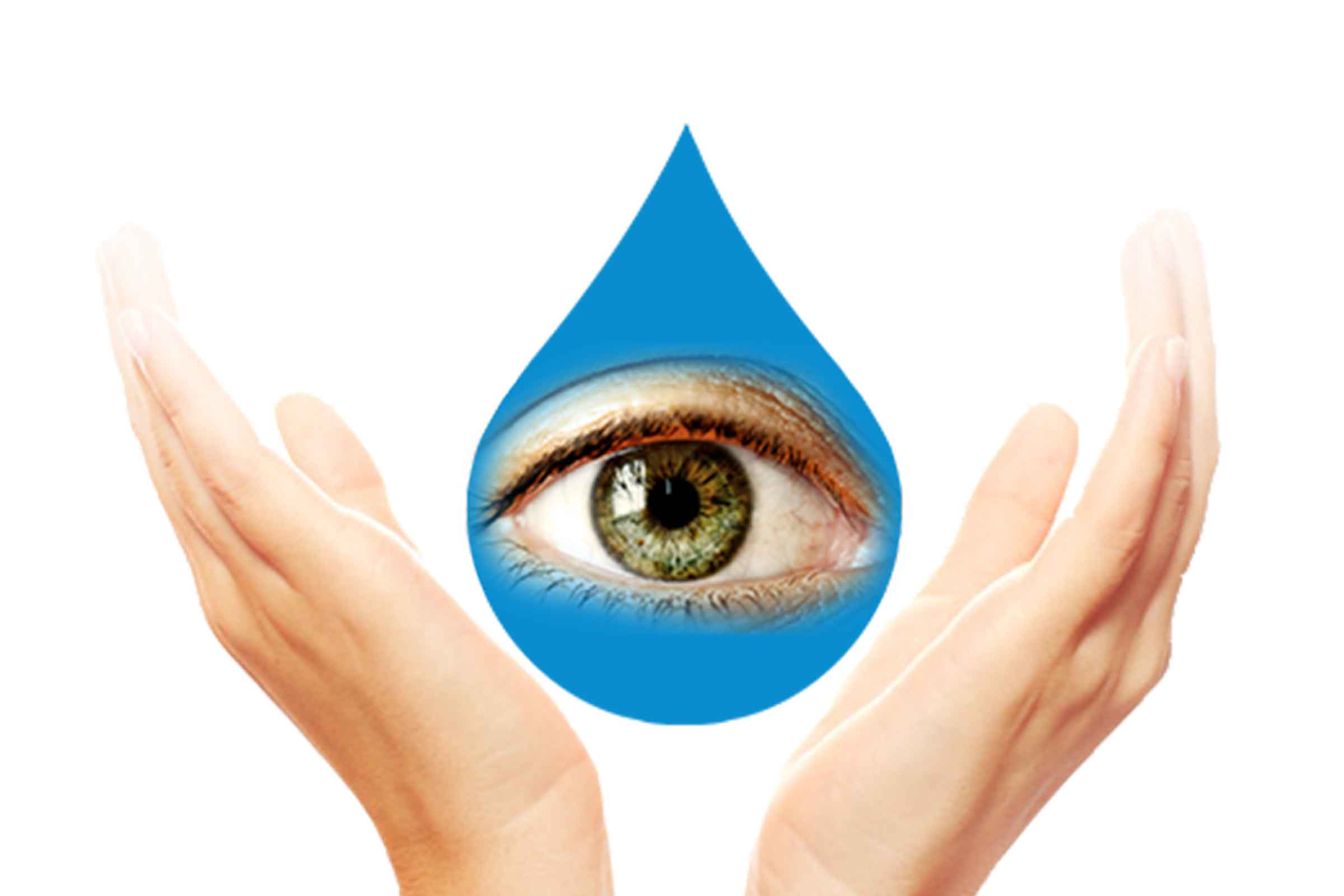Finding the right eye doctor in Udupi can be a task for many! People living in Udupi need not travel to far off places to look for a good eye doctor because we have curated the perfect list of doctors that you can contact for all your eye care needs in the Udupi region. Check out our curated list of…
